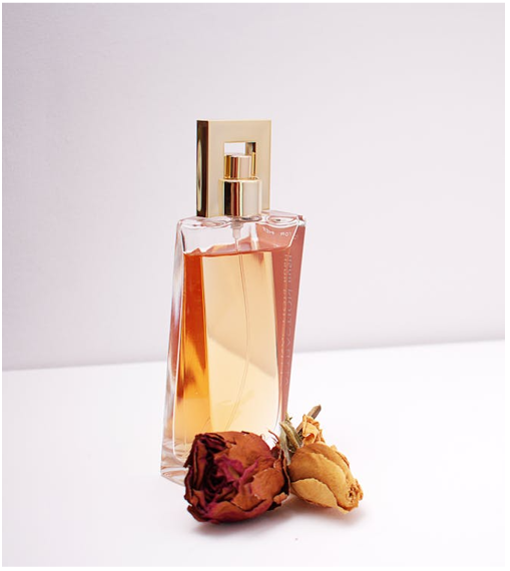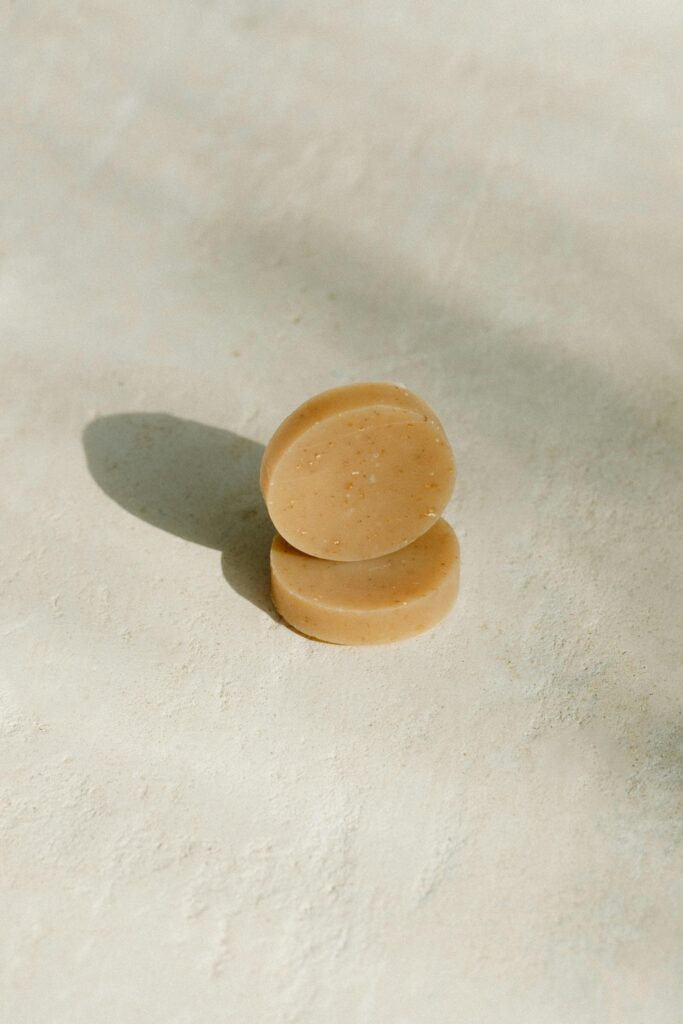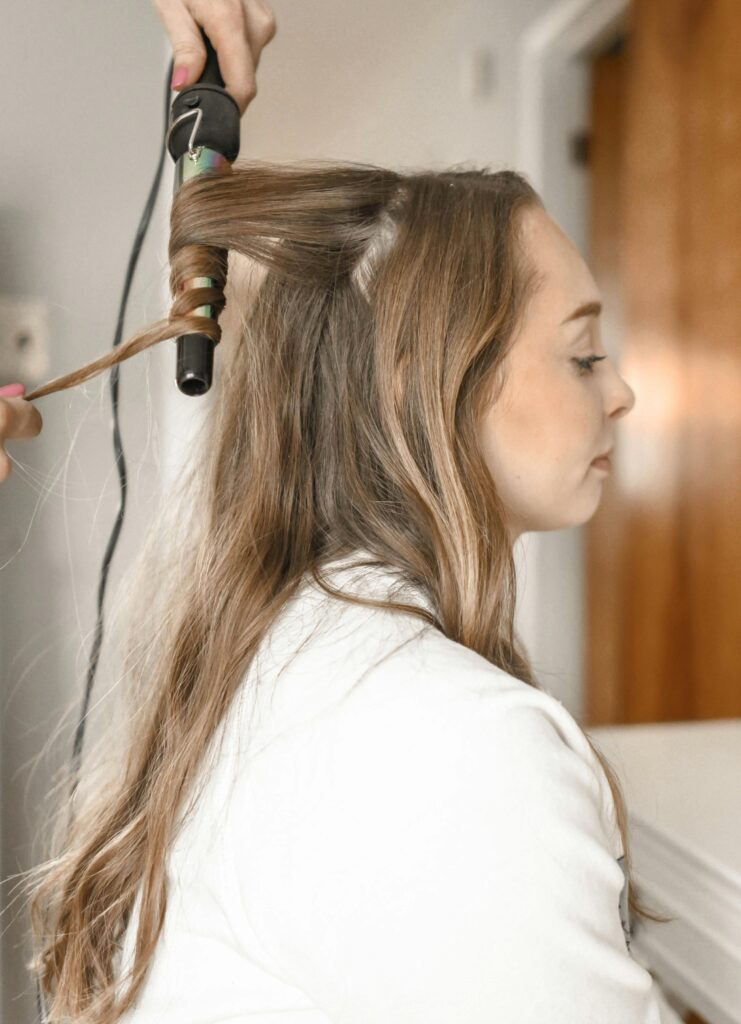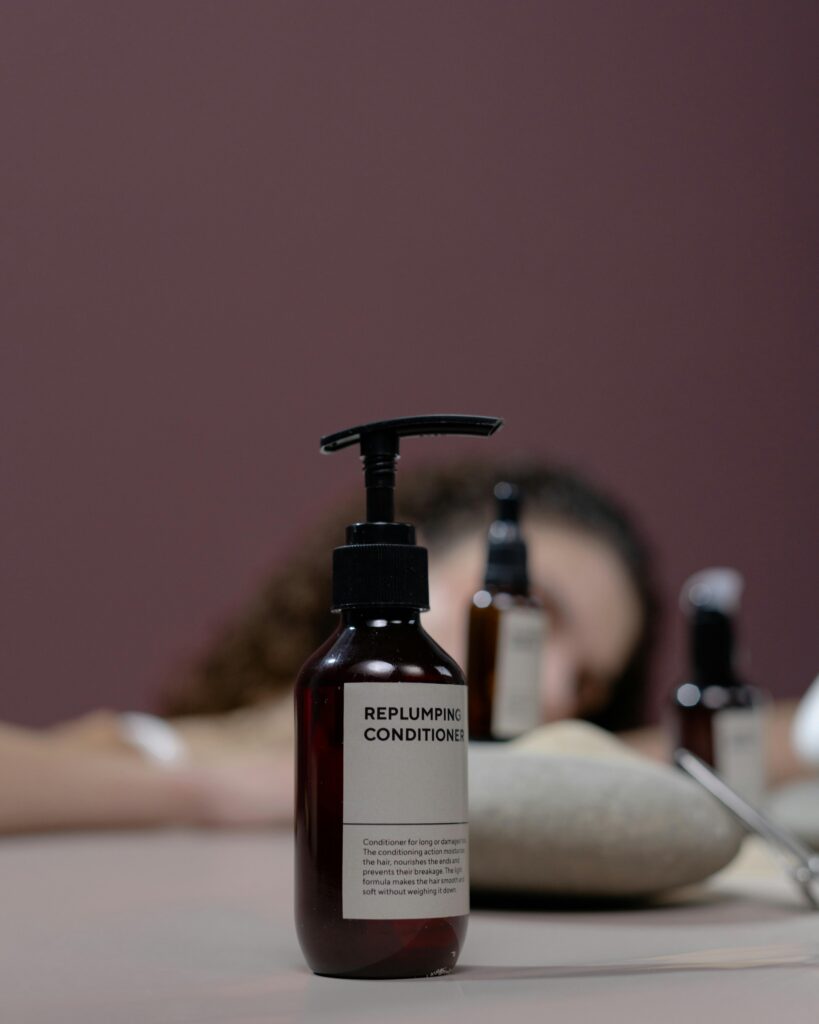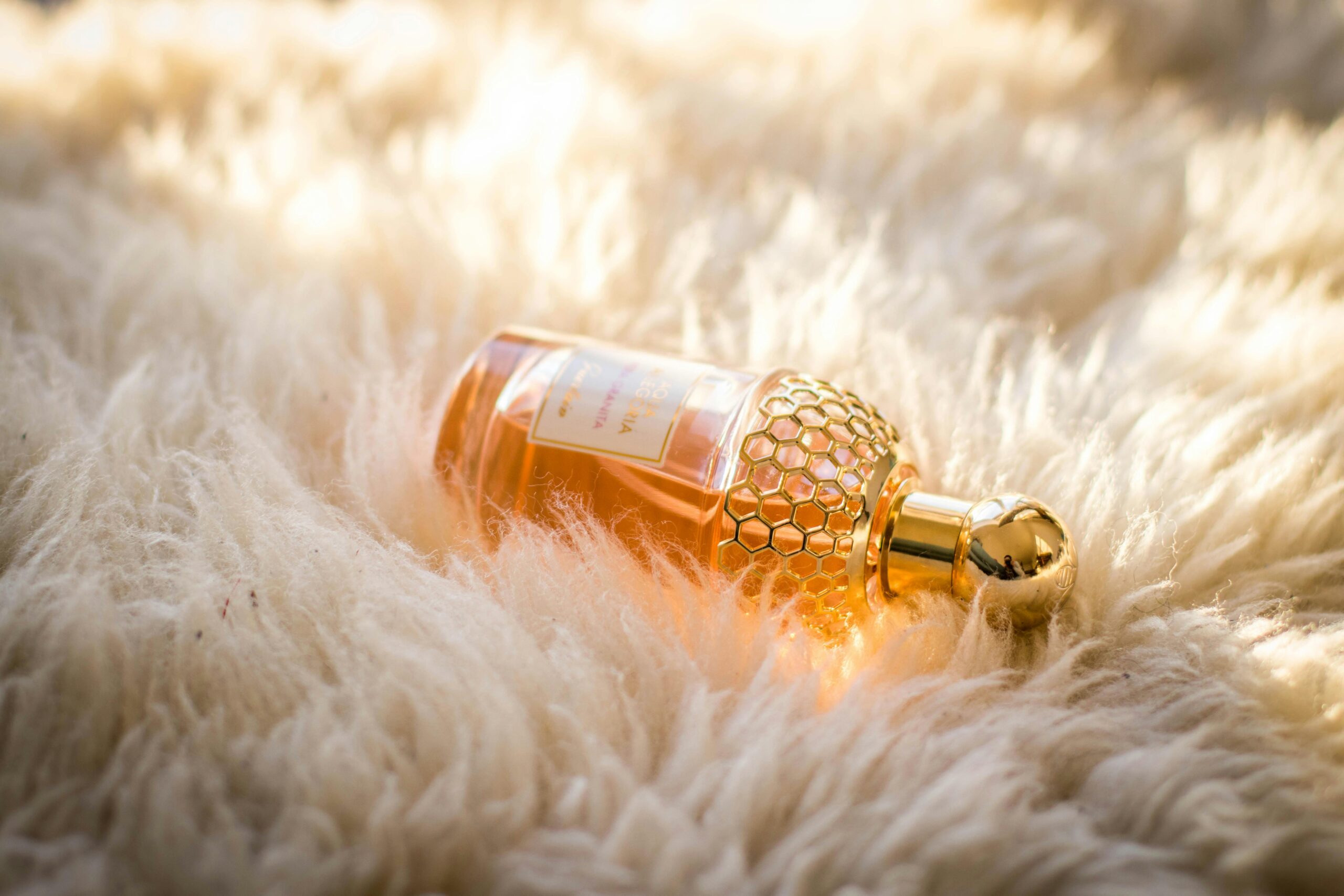
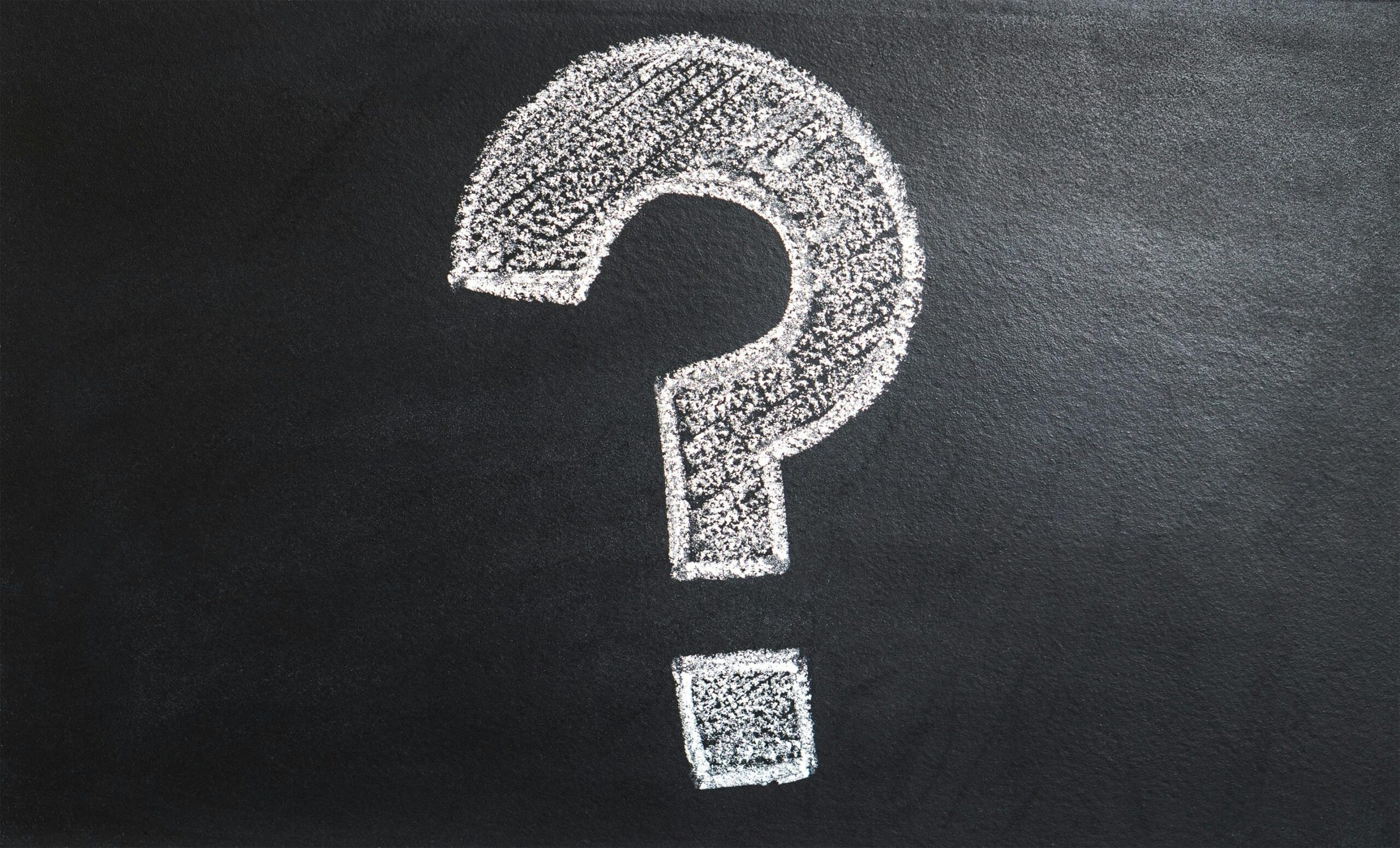
Ingredients to Avoid If You’re Struggling With Hair Loss
Not all hair care products are created equal. Some everyday ingredients can quietly damage your scalp and slow down hair growth. In this guide, we’ll uncover the most common culprits and show you how to choose cleaner, scalp-friendly alternatives for healthier, stronger hair.
The Hidden Dangers in Everyday Hair Products
Most people look for new treatments, vitamins, or miraculous serums as soon as they experience hair loss. It’s frequently forgotten that the items you already use in your routine, such your shampoo, conditioner, or styling spray, may be contributing to the issue.
Harsh chemicals used in many commercial hair care products cause follicle damage, dry out the scalp, and even hasten shedding. These substances weaken new growth on your scalp by upsetting its equilibrium over time.
Restoring healthy hair often begins with removing the wrong products rather than introducing new ones
Sulfates
Shampoos and body washes frequently contain sulfates, such as sodium lauryl sulfate (SLS) and sodium lauryl sulfate (SLES). Although it comes at a price, they produce that thick, foaming lather that leaves your scalp feeling clean. These substances are surfactants that eliminate oil and debris from the scalp, but they also deplete its lipid barrier, leaving it dry and irritated.
According to a 2023 research in the HMR Blog, excessive use of shampoos high in sulfates can damage the cuticle and increase the porosity of hair, weakening and increasing the likelihood of breaking. The effect can be considerably more severe for those with delicate, curly, or color-treated hair.
💡Tip: Switch to sulfate-free shampoos that cleanse gently without over-drying your scalp. Visit our Gentle Hair Care Routine blog to explore scalp-safe alternatives that promote balance and moisture retention.
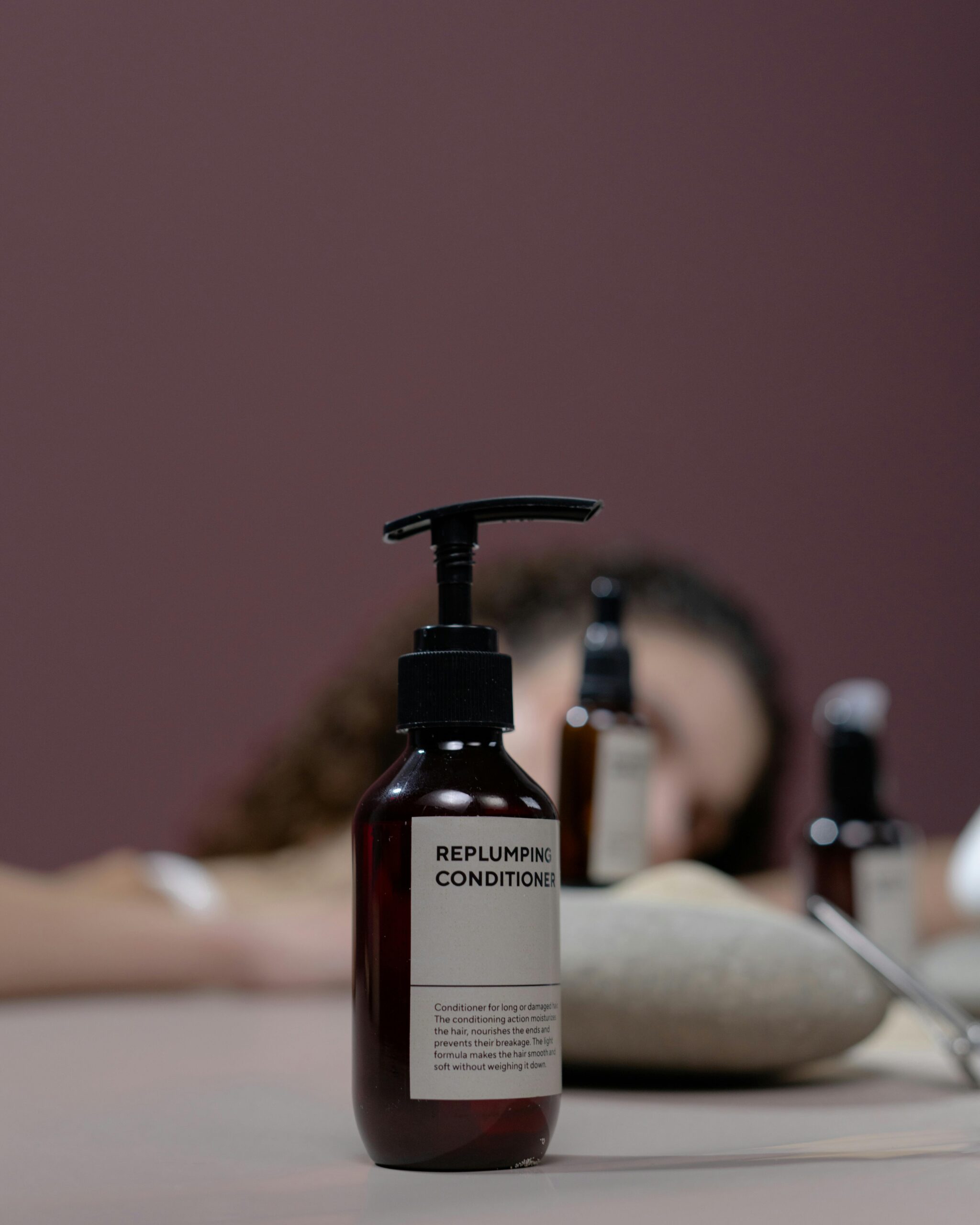
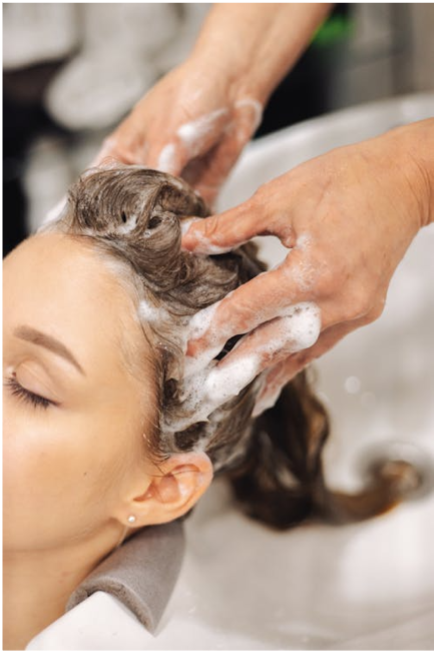

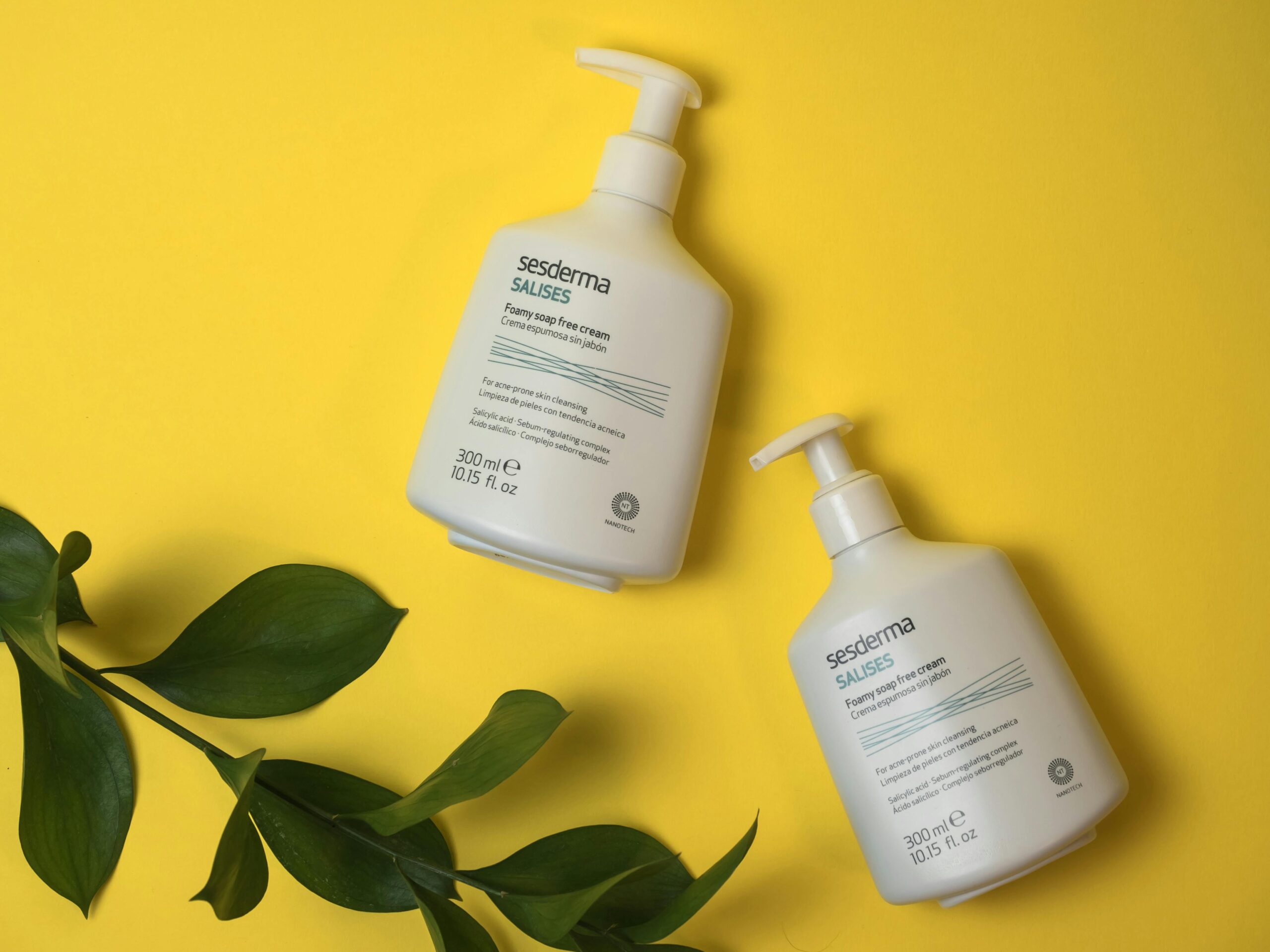
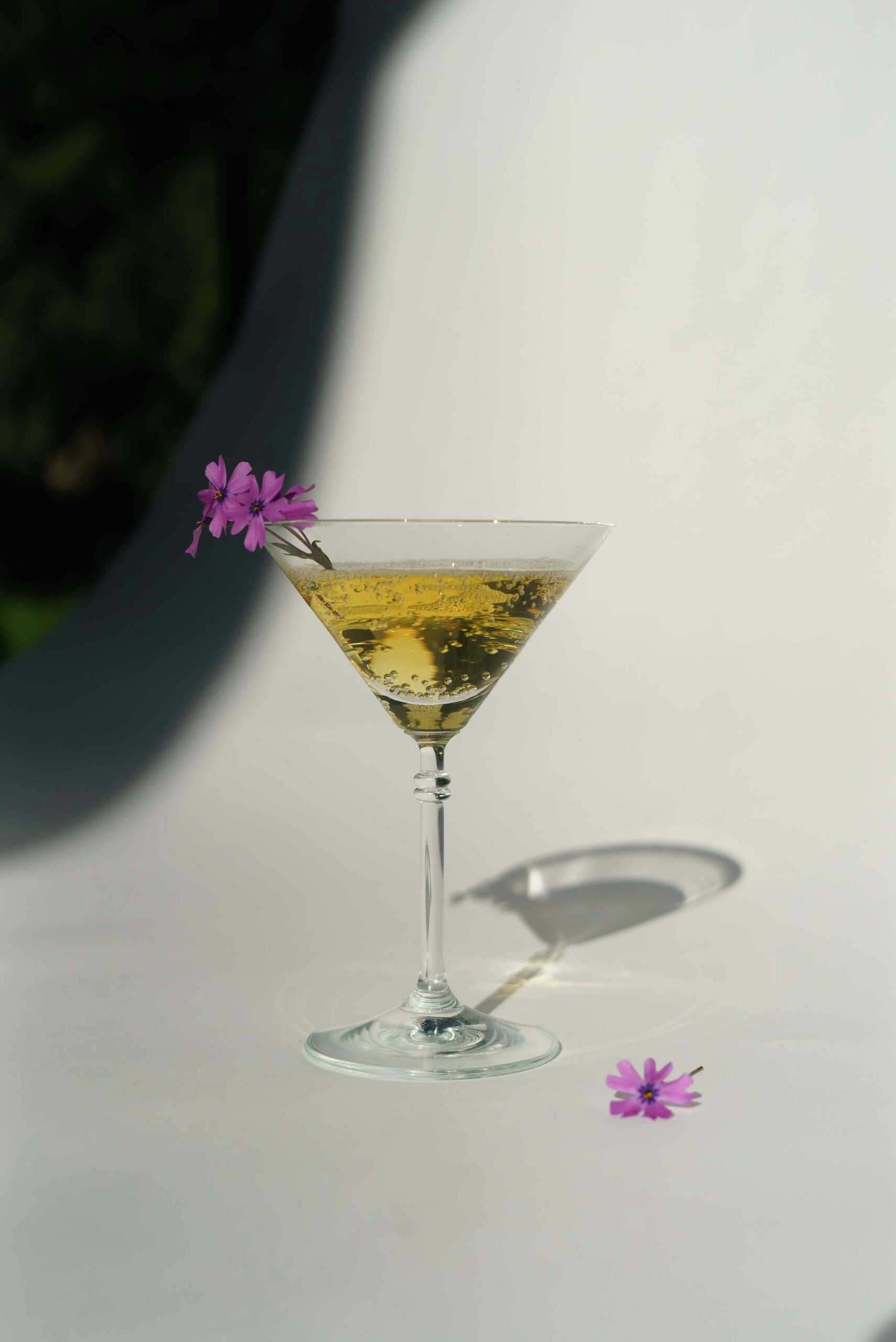
Parabens & Alcohols
Parabens
Methylparaben and propylparaben are examples of synthetic preservatives called parabens that are added to cosmetics to prolong their shelf life and stop bacteria from growing. They can, however, imitate estrogen in the body, which has led to their association with hormonal disturbance. Parabens can interfere with the hormone systems’ regular operation, which impacts the development, fertility, and birth outcomes of the male and female reproductive systems, based on the article of the EWR, which raises questions about the parabens’ potential long-term impacts on endocrine function and, consequently, hair growth cycles.
The balance of hormones is essential for healthy hair. Thinning can be exacerbated by disruptions, particularly in women. Dermatologists frequently advise paraben-free hair care products for people who are dealing with hair loss or sensitive scalps because of this.
Alcohols
Alcohols also differ from one another. Alcohols with short chains, like propanol, ethanol, or isopropyl alcohol, can dry out the scalp and reduce the natural suppleness of hair. Dehydration can lead to breakage, frizz, and dullness. Choose fatty alcohols like cetyl or stearyl alcohol instead, as these function as emollients and give your hair more suppleness and hydration.
💡 Tip: Check your labels — the closer an ingredient is to the top of the list, the higher its concentration.
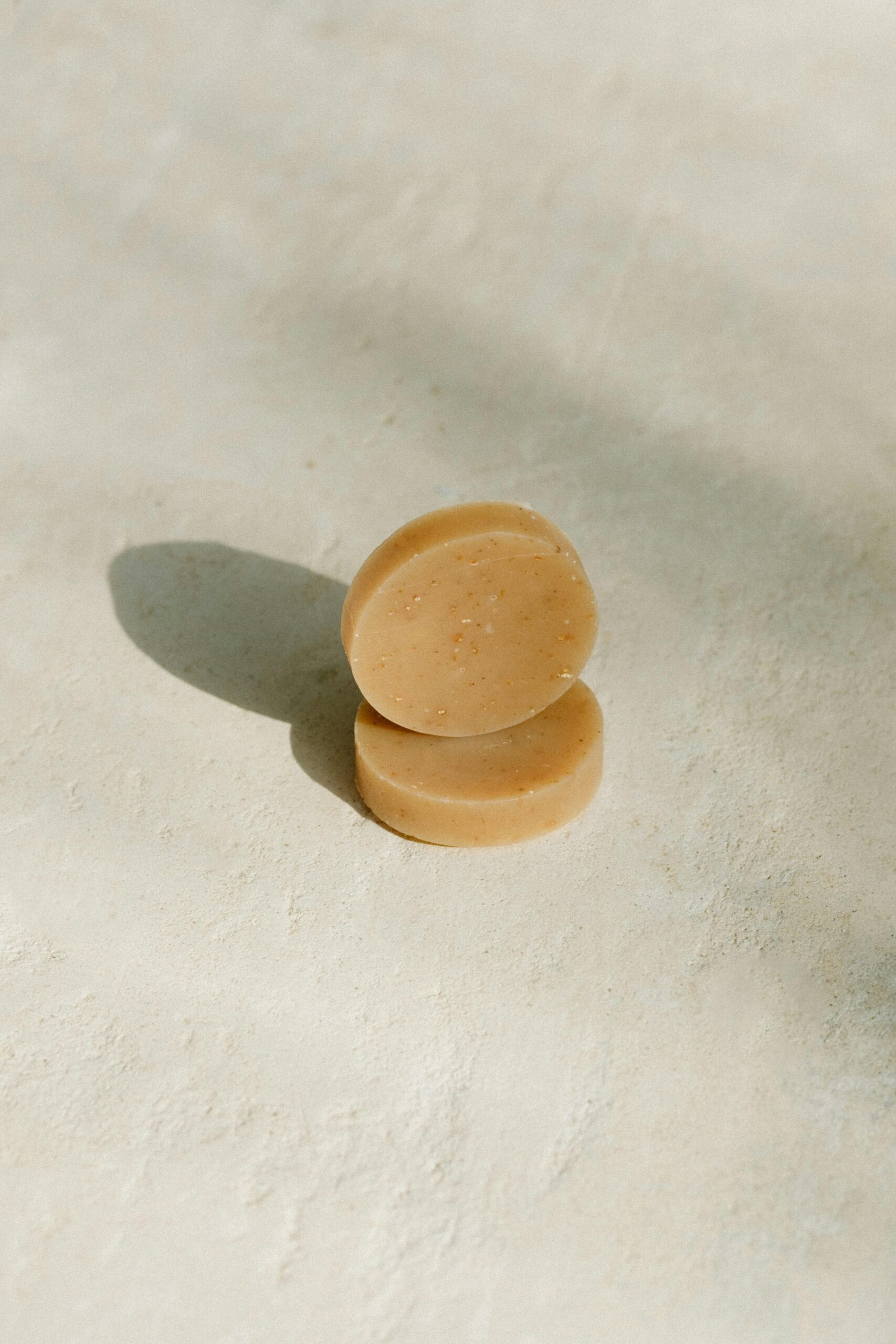
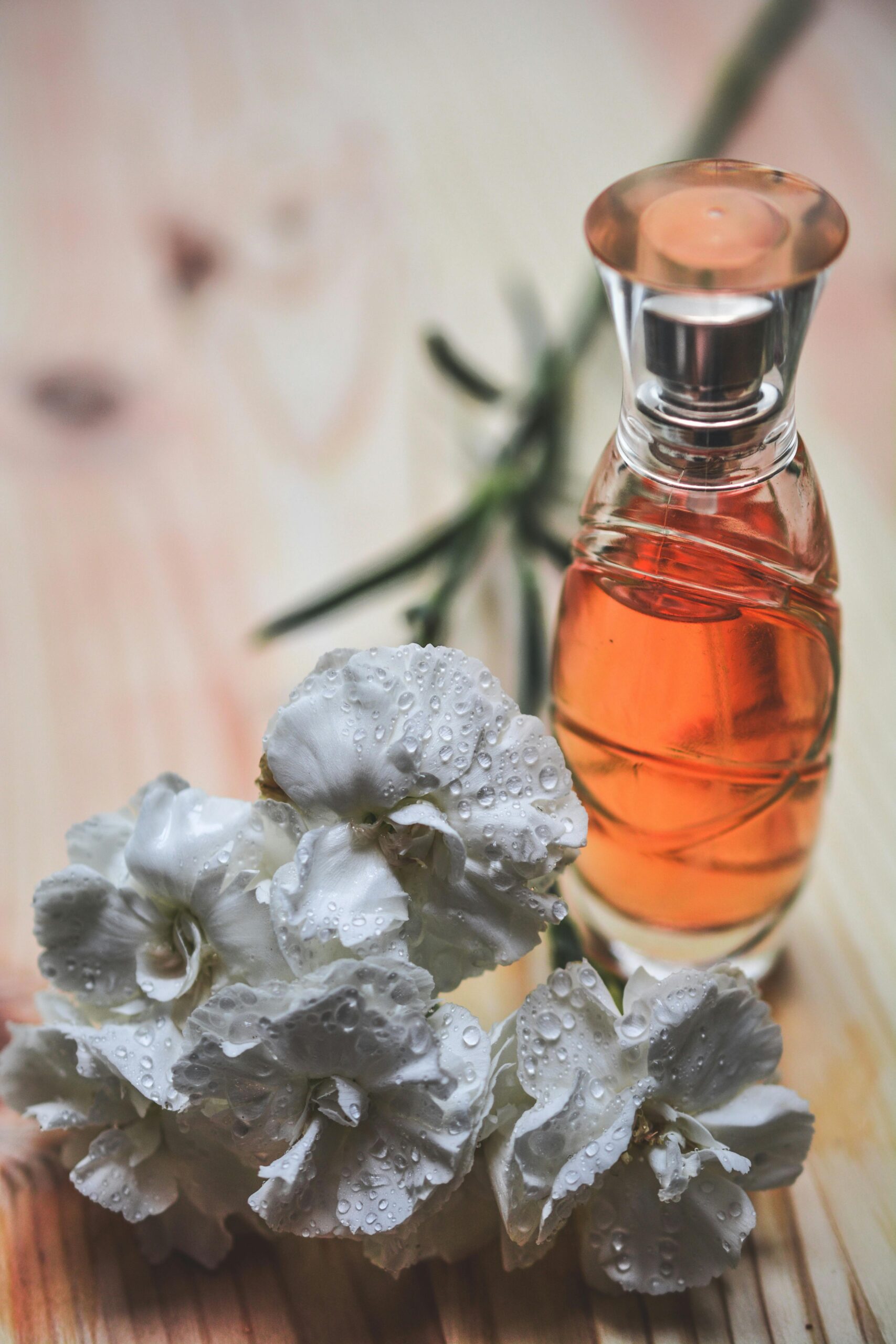
Silicones, Fragrances & Dyes
In order to give hair an instant glossy, smooth appearance, silicones (such as dimethicone or cyclopentasiloxane) are frequently used. But inside the shiny exterior, silicones envelop each strand in a non-breathable layer. This accumulation clogs follicles at the root and delays the penetration of moisture and nutrients into the hair shaft. What was the outcome? Weighed, dead hair and possible irritation of the scalp.
The same is true with synthetic dyes and fragrances. One of the most frequent causes of skin irritation associated with cosmetics, according to the American Contact Dermatitis Society, is artificial fragrance. These ingredients harm the microbiota of your scalp, a sensitive environment necessary for good hair growth, and can cause irritation, itching, and even allergic reactions.
💡 Tip: Choose plant-based or fragrance-free products made with natural oils and botanical extracts. For a deeper dive into scalp microbiome care, visit our blog about Scalp Health.
Making the Switch
If you’re struggling with hair loss, remember: it’s not just about the treatments you add, it’s also about what you remove. By avoiding ingredients like sulfates, parabens, silicones, and drying alcohols, you protect your scalp’s integrity and allow new growth to flourish.
✨ Conclusion:
Healthier hair begins with awareness. Start by reading ingredient labels, simplifying your hair routine, and giving your scalp the care it deserves. Your hair doesn’t need harsh chemicals to shine, it needs protection, patience, and balance.
